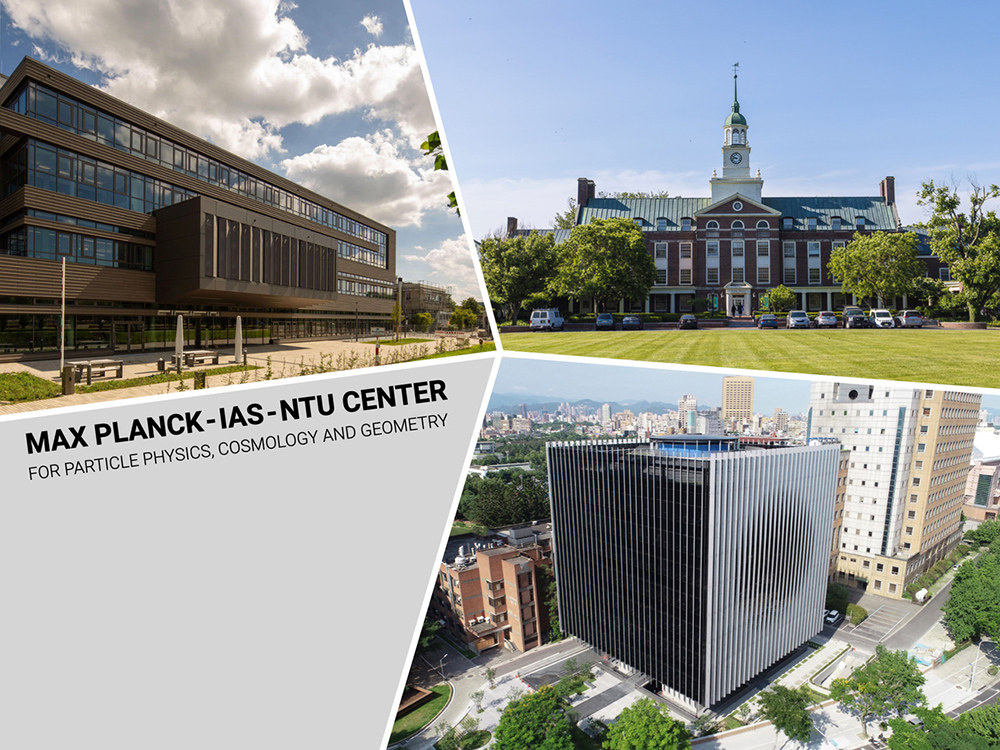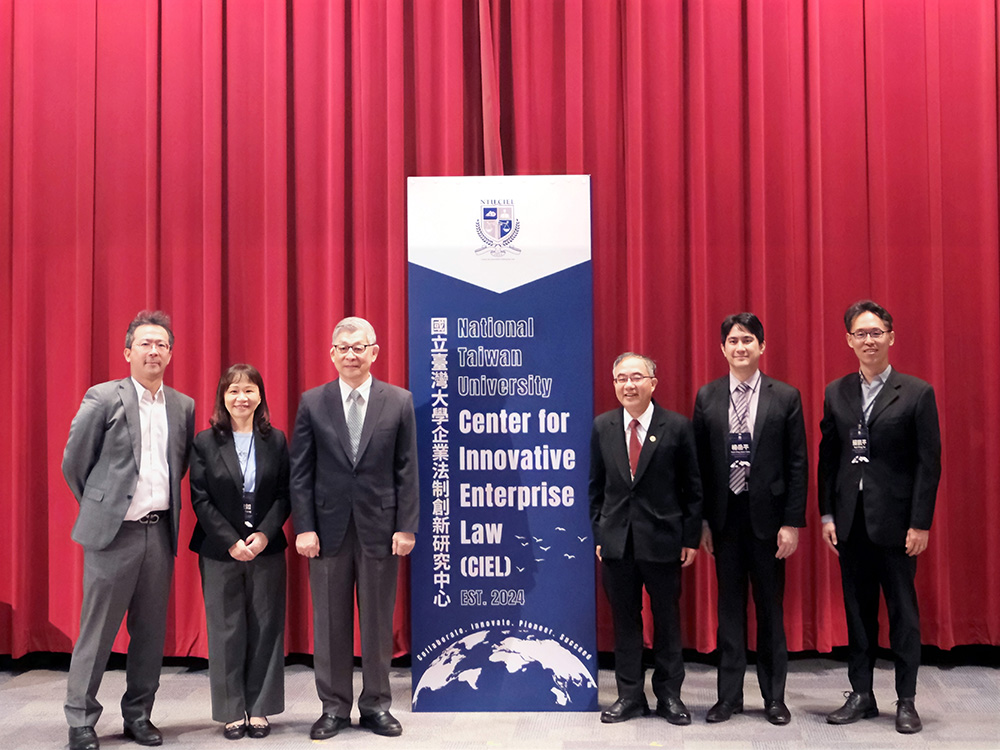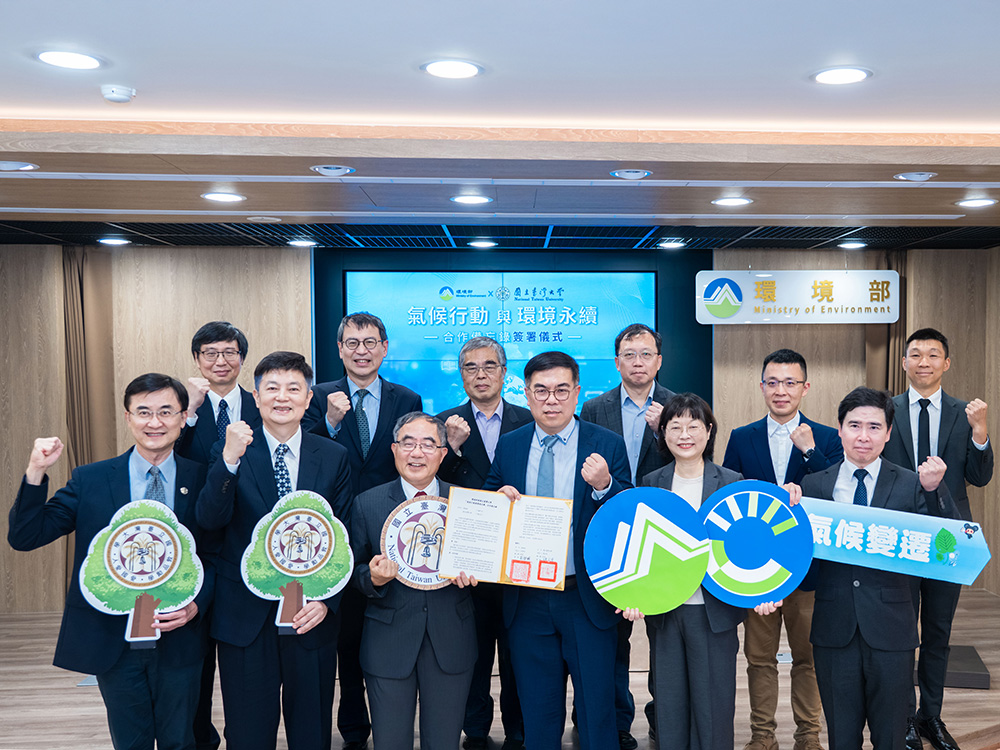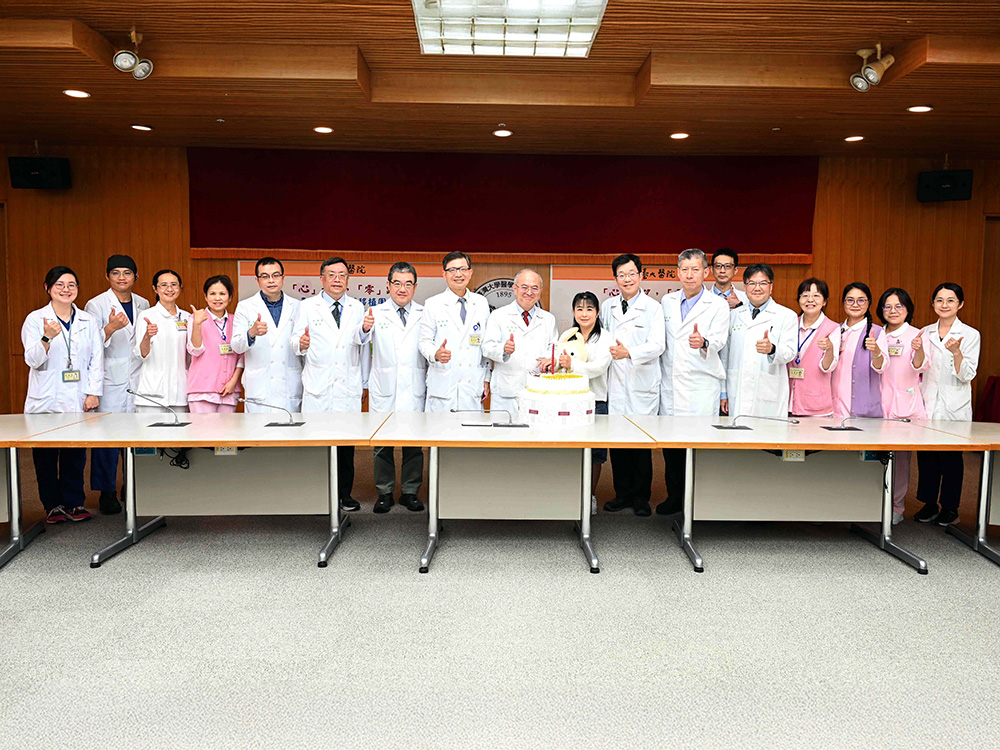
A Distinguished Global Research Center Established at NTU under Trilateral Cooperation
瀏覽器版本過舊,或未開啟 javascript
請更新瀏覽器或啟用 javascript
Spotlights
Group photo of FAIR Director Yann LeCun and attendees after speech
FAIR Director Yann LeCun giving a speech
FAIR Director Yann LeCun giving a speech
FAIR Director Yann LeCun giving a speech
Known as the “father of convolutional neural networks,” Facebook AI Research (FAIR) Director Dr. Yann LeCun came to Taiwan for a 3-day academic visit from June 29 to July 1. On the first day of his visit, Dr. LeCun was invited by the NTU College of Electrical Engineering and Computer Science to give a speech titled “Deep Learning and the Path to AI” at the International Conference Hall of GIS NTU Convention Center. The speech drew more than 400 attendees, and over one thousand people watched the speech online simultaneously. In addition, the speech was streamed live on the Facebook page of the College. The total number of views has accumulated to nearly 50,000. In the speech, Dr. LeCun introduced and explained the history of AI deep learning and its future challenges.
Dr. LeCun first reviewed the early development of pattern recognition and neural networks, and used his work LeNet as an example for further elaboration. LeNet adopts convolutional neural networks to recognize handwritten numbers. This technology was widely applied in check recognition systems used by banks across Europe and the United States in the late 20th century. Early pattern recognition requires manually defining various features and extraction procedures before computer learning can begin. Nowadays, neural networks enable computers to learn to extract these features. Later during the speech, Dr. LeCun discussed a range of topics, including the development of ImageNet neural network since 2012, its visual applications, various key technologies, and Facebook’s latest image technology.
Although deep learning has made substantial progress, many problems remain unsolved. According to Dr. LeCun, the biggest challenge is to enable computers to have common sense as humans do, and the unsupervised inference and predictive learning involved are crucial to AI’s future development. Finally, Dr. LeCun used an analogy to describe his outlook for AI technology in the future. As human aviation was inspired by birds flying in the sky, neural networks are inspired by neurons found in nature. However, what made humans’ dream of flight come true was not the effort to imitate birds but the discovery of the principles of aerospace dynamics. Dr. LeCun hopes that one day humans can find the principles behind AI to create its next peak of development.

A Distinguished Global Research Center Established at NTU under Trilateral Cooperation

Collaborative study between NTU and Japan uncovers the origin of Adzuki Beans and agriculture in Japan

NTU Launches Center for Innovation in Enterprise Law—with Forum Highlighting Trump’s Policy and Legal Shifts Amid Geopolitical Tensions

NTU and Ministry of Environment Sign MOU to Advance Net-Zero Transition and Environmental Resilience

NTU Hospital’s Cardiac Transplant Team Pioneers Beating Heart Transplant with Zero Ischemic Time
Current Spotlights